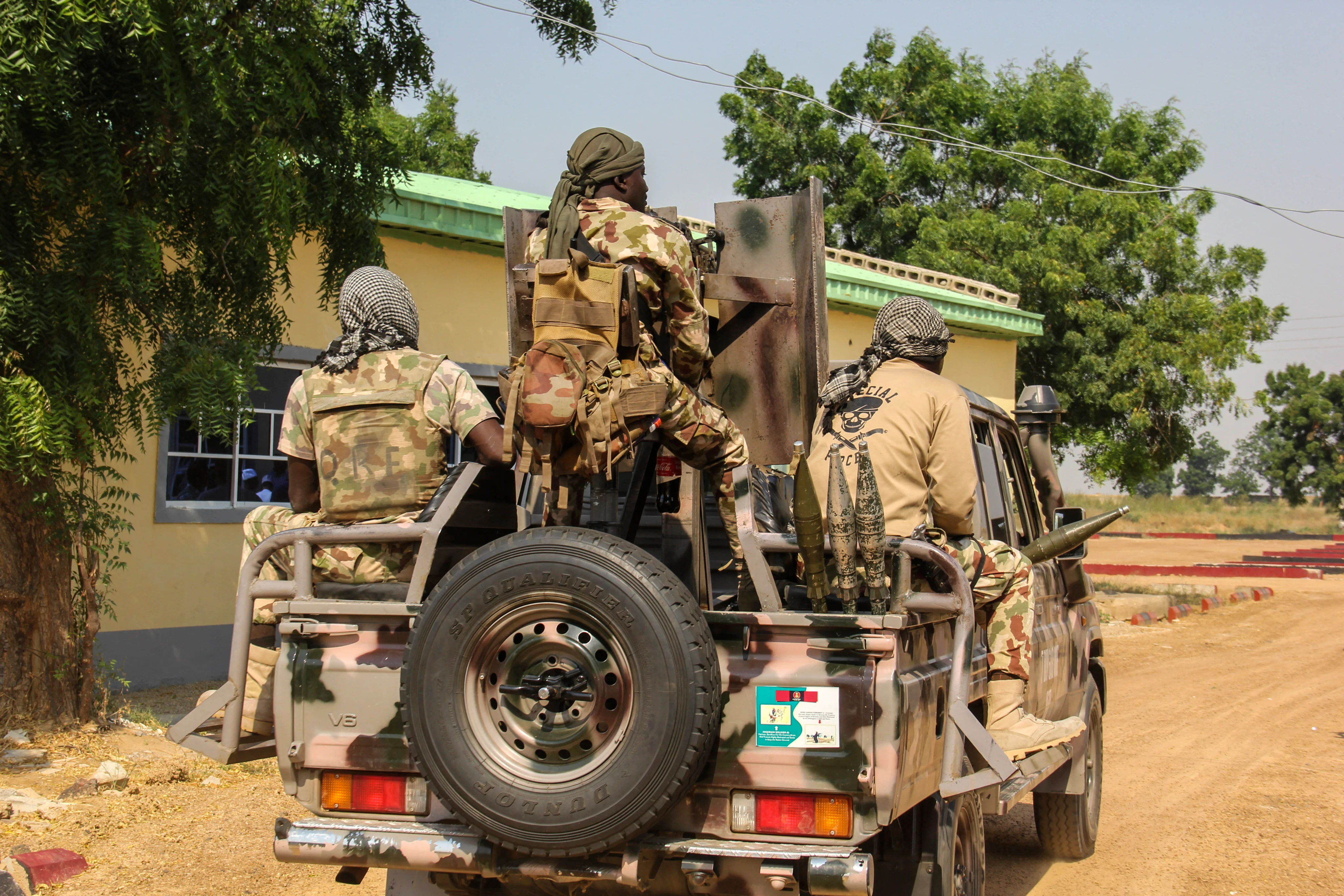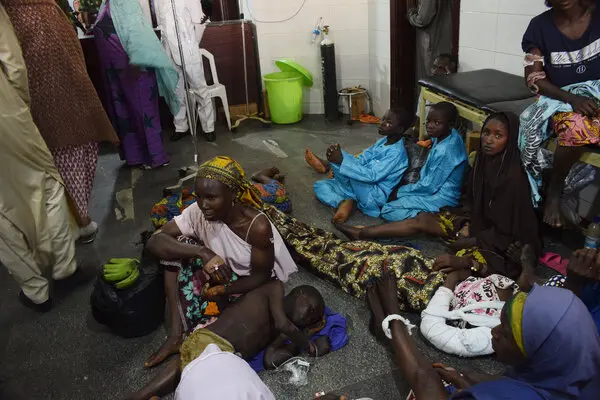
The U.S. backed Nigerian Military faces scrutiny over civilian casualties in airstrikes, raising concerns about the accountability and oversight of its military operations.
As Nigeria grapples with internal security challenges, the use of airstrikes has become a contentious issue, with widespread accidents leading to hundreds of civilian casualties in recent years.
Unfortunate Incidents And Questions For The U.S.
Last week's drone strikes in northern Nigeria, which claimed the lives of at least 85 people celebrating a Muslim holiday in a village, underscore the challenges faced by West Africa's largest military.
Security analysts attribute these incidents to a combination of mismanagement, faulty intelligence gathering, and a lack of coordination among different branches of Nigeria's security apparatus.
As the U.S. plays a crucial role in training and equipping the Nigerian military, questions arise about the responsibility and oversight of its ally.
The Dec. 3 attack on a village highlighted the deficiencies within the Nigerian military, prompting deeper scrutiny of the effectiveness of U.S. support.
Complex Security Landscape In Nigeria
Nigeria, Africa's most populous nation, contends with multiple security threats simultaneously, from Boko Haram insurgents in the northeast to armed gangs, locally known as bandits, across the northern regions.
The complexities of these challenges have led to an increased reliance on airstrikes as a strategy, but the unintended consequences have been devastating for civilians caught in the crossfire.
Matthew Page, a former State Department expert on Nigeria, emphasizes that combat air power, including drones and warplanes, is not a policing tool.
“„The fundamental problem that U.S. and Nigerian leaders refuse to acknowledge is that combat air power — drones, warplanes — is not a policing tool.- Matthew Page, a former State Department expert on Nigeria
Western democracies avoid using aerial bombings domestically due to the disproportionate damage they can cause. This fundamental difference in approach raises questions about the appropriateness of employing such tactics in Nigeria's domestic conflict zones.
Calls For Investigation And Accountability
The recent drone strike on Tudun Biri village has sparked public outrage, with protesters demanding accountability for the loss of innocent lives.
President Bola Ahmed Tinubu has called for a thorough investigation, labeling the attack as "unacceptable."
The Nigerian military, while acknowledging responsibility, cited intelligence indicating a potential terrorist attack.
Security analysts argue that the lack of accountability for civilian casualties in Nigerian airstrikes contributes to a culture of impunity within the military.
Despite the scale of accidental killings, there has been little consequence for the military's actions, creating a troubling precedent.
“„The military is given a lot of latitude given how Nigeria is infested with terrorists. The lack of accountability fuels the culture of impunity.- Confidence MacHarry, a security analyst with SBM Intelligence
The U.S. relationship with Nigeria involves training and equipping its military, yet concerns about human rights abuses have persisted for over a decade.
While the Biden administration approved a significant attack helicopter deal with Nigeria in 2022, doubts remain about whether improved training and accountability measures will be implemented.
Final Words
The drone strikes in Nigeria shine a spotlight on the complex dynamics of the country's internal conflicts and the challenges of using combat air power as a domestic security tool.
The incidents raise critical questions about the responsibility of the U.S. in supporting its ally and underscore the urgent need for accountability and transparency in military operations to prevent further civilian casualties.
